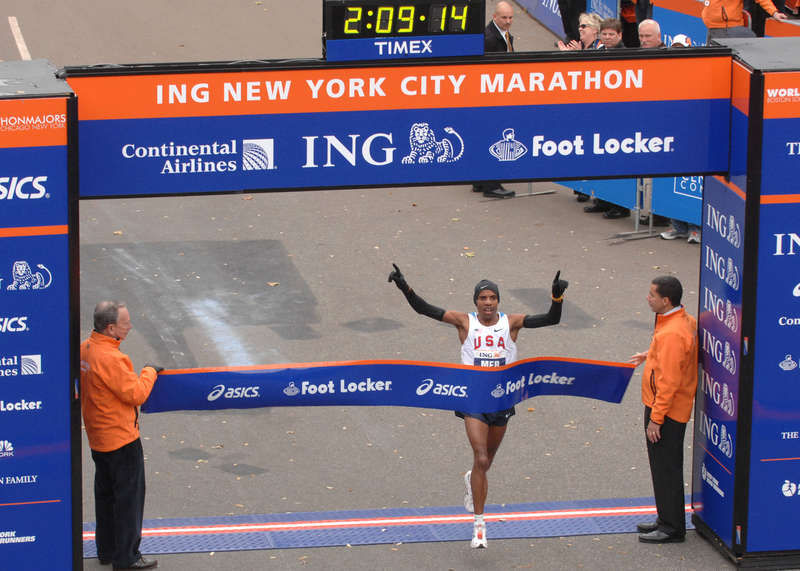I know you've heard repeatedly about the deadly dangers of steroids. Be thankful you are not running marathons where there are firm statistics about the probability of death from participation.
The comparative risk of using AAS is so much lower than running marathons. Granted misuse of AAS can have long-term health consequences if not used judiciously. But this is an entirely different category of risk than marathon running.

 thinksteroids.com
thinksteroids.com
The comparative risk of using AAS is so much lower than running marathons. Granted misuse of AAS can have long-term health consequences if not used judiciously. But this is an entirely different category of risk than marathon running.
Two runners, Carlos Jose Gomes and Joseph Marotta, died from heart attacks after finishing the 2008 New York City Marathon. The New York Fire Department revived two other runners who collapsed after suffering heart attacks during the race; one is apparently still unconscious. Dr. William Cole was not surprised by the cardiac incidents at the NYC Marathon

New York City Marathon More Dangerous Than Anabolic Steroids? - MESO-Rx
Anabolic steroids have been banned in sports (and criminalized in society), in large part, due to the belief that anabolic steroids are extremely harmful
 thinksteroids.com
thinksteroids.com

